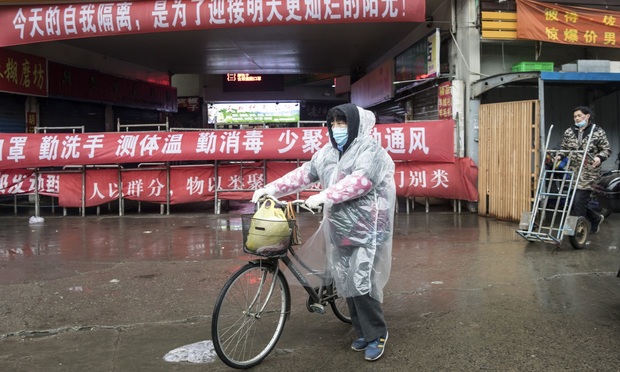COVID-19 Legal Series (4): What Are Employers' Obligations Amid the Coronavirus Outbreak?
March 09, 2020 | BY
Vincent ChowAs China looks to kickstart its economy following weeks of severe disruption, employers must balance obligations to minimize virus transmission risk and at the same time returning to normal operation as quickly as possible. What exactly must employers do before resuming operations? How can they reduce costs? Are layoffs allowed? Jonathan Isaacs, head of Baker McKenzie's China employment practice, answers your burning questions.





